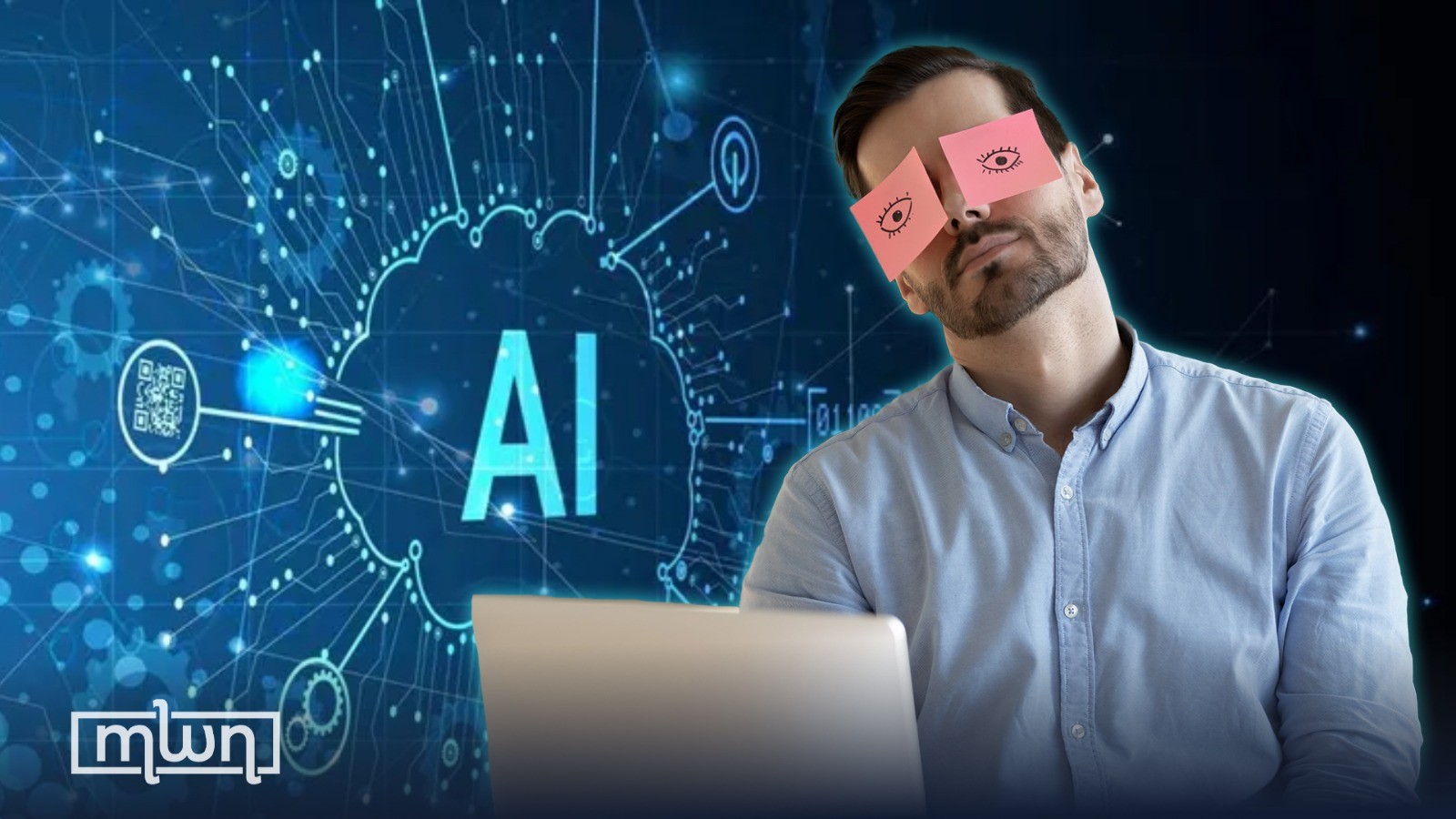Rabat – No longer confined to science fiction, the power of technology has developed tremendously, raising questions about the evolving relationship between humans and the digital tools they have created.
The laziness effect that Artificial Intelligence has created promises a life unburdened by mundane chores and heavy tasks. This phenomenon inspires us to examine the extent of our reliance on AI.
While it may appear as a sophisticated embrace of digital advancement, this innovation can often be a double-edged sword, posing both benefits and challenges.
Are humans surrendering control and implicitly giving power to AI?
AI-powered assistance has become an integral part of modern living. From Amazon Echo with Alexa, Google Home with Google Assistant, and Apple HomePod with Siri, these technologies are designed to simplify daily tasks.
Yet, leaning on these automated systems could trap individuals in a paradox where the illusion of control gives way to subtle manipulation by the very machines they believe they command.
In industries where automation is common, employees might experience a reduction in job responsibilities, a blessing in disguise which can lead to increased efficiency, but may also result in a lack of motivation to acquire new skills or engage in professional development.
The fear of skill stagnation becomes evident as AI takes over routine tasks, potentially restraining individuals from proactively seeking intellectual growth.
Read also: New Report Highlights Perils, Promise of Artificial Intelligence
The influence of AI on human potential extends beyond mere task automation to impact the development of essential soft skills.
For instance, ChatGPT is a tool capable of offering advice on a wide range of topics.
While its contributions can enhance accuracy, blind reliance can lead to passivity in critical thinking, posing a notable impact on the cultivation of vital soft skills.
When it comes to social interactions, the evolution of Chatbots and virtual assistants to simulate human-like conversations is reaching new heights. Yet even as this evolution can improve customer service and streamline interactions, it also raises questions about the potential damage to genuine human communication.
In particular, it can have a damaging impact on interpersonal skills and human connections.
While AI undoubtedly offers remarkable benefits, it is crucial to strike a balance that fosters technological progress without compromising essential aspects of human agency, motivation, and engagement.
















